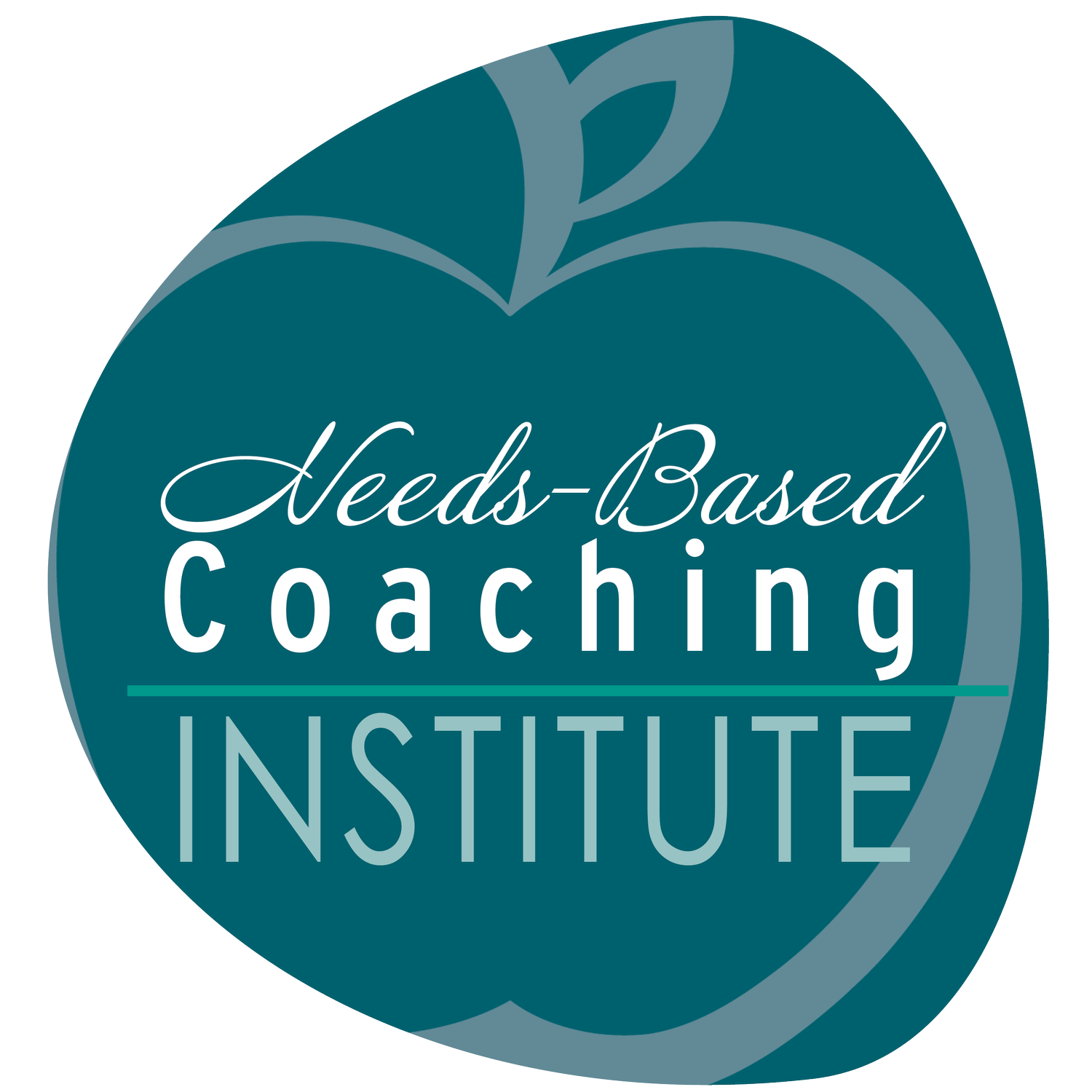The difference between coaching and psychotherapy
𝗪𝗵𝗮𝘁 𝗶𝘀 𝘁𝗵𝗲 𝗱𝗶𝗳𝗳𝗲𝗿𝗲𝗻𝗰𝗲 𝗯𝗲𝘁𝘄𝗲𝗲𝗻 𝗖𝗼𝗮𝗰𝗵𝗶𝗻𝗴 𝗮𝗻𝗱 𝗣𝘀𝘆𝗰𝗵𝗼𝘁𝗵𝗲𝗿𝗮𝗽𝘆? This is a question that always comes up during our coach education. There is no unambiguous distinction between the two. Although historically, there was. Let’s have a closer look.
30 years ago, coaching was mainly informed by Positive Psychology. Through focusing on what the client is presently good at, or on successes they’ve had, the coach supported the client to extrapolate their skills and success into the future. This was a great showdown with former times’ focus in education and pedagogical work on failures and what needed to be corrected. And it worked. Several studies have proven that focusing on what you are good at will improve your skills more than focusing on correcting your mistakes.
Psychotherapy was distinctively different. Modern psychotherapy was fathered by Sigmund Freud and Carl G. Jung; academic white men focusing on healing the patient’s wounds from their past with psychoanalysis as the first wave of practices. This has later branched out into several other methodologies. Its purpose was to support mentally or emotionally disturbed patients to regain their mental health. Thus, there was an assumption that something was broken or unwell that needed to be healed — a pathological view of the client.
Today, when we discuss these two helping professions, we need to define what we mean. Both have become headlines of a variety of underlying beliefs, approaches, and methodologies. I’d say, there is an overlapping field between healing-oriented coaches and development-focused psychotherapists today.
With humanistic psychology, Carl Rogers has taught us ‘client-centred psychotherapy’ where the client’s experience at all times is seen as true and the focus of the psychotherapist. In transformational coaching schools like Needs-Based Coaching, we acknowledge the conditioning that has led the client to their current self-expression, the systemic impacts, and their lived history, and we revisit memories in order to set the client free from their painful past.
And you can still find psychoanalysts and motivational coaches who continue the practices of the originators.
The differences can best be described through the mindset of the practitioner. The coach sees the client as resourceful and whole. The psychotherapist sees through the lens of what has been broken. Furthermore, psychotherapists have been educated to help people with mental illnesses, traumas, and dysfunction. Coaches are usually good at setting the client’s experiences into a bigger perspective, seeing the beauty and strength in the client’s lived experience, and supporting change in emotional patterns.
Whenever you are considering reaching out for support, I suggest you ask yourself these questions:
What is my level of functionality in my everyday life?
How do I feel toward myself?
What would I love to change in my life over the next 3-6 months?
What attracts me more, a trustworthy authority or a courageous journeyperson?
When you know your answers to these questions, get recommendations from people you trust of 1-2 potential coaches and 1-2 ditto psychotherapists. Have intro conversations with each of them and tell them your answers to the questions above. Then, choose your helping professional from your gut feeling.
#coaching #coachingvspsychotherapy #needsbasedcoaching #whatiscoaching #whenlifehurts
